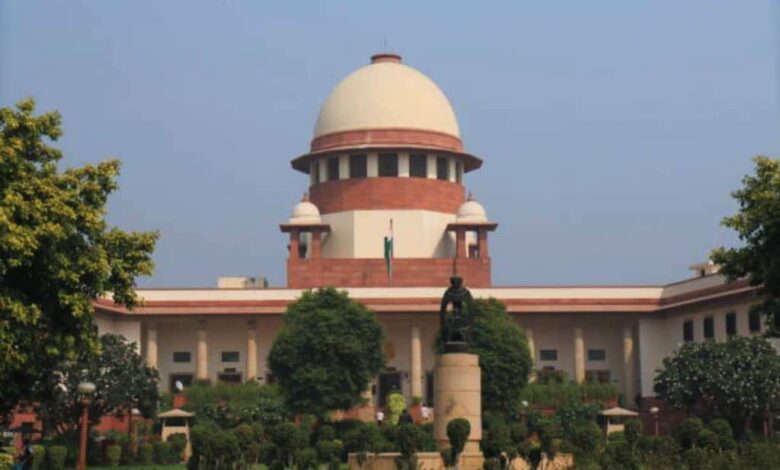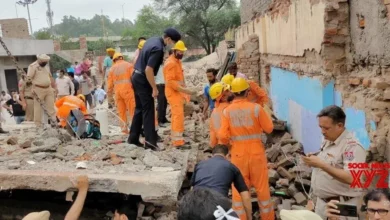
In a landmark judgment for as many as 16,000 madrasas operating in Uttar Pradesh, the Supreme Court has upheld the legality of a 2004 act governing their functioning. A three-judge bench headed by Chief Justice of India DY Chandrachud was overturning an Allahabad High Court judgment that had deemed the act unconstitutional and violative of the principle of secularism.
Earlier, the high court has already directed the state government to absorb the madrasa students into the regular education system. Thus, 1.7 million students who study in these madrasas face serious apprehension.
The bench of Justices JB Pardiwala and Manoj Misra concluded that the high court was wrong to strike down the state statute merely because it contradicts secular principles. In his judgment, Chief Justice Chandrachud reminded everyone that the state may also regulate education standards in madrasas without interfering with their management.
The court also clarified that the Act in no way impinges on the regular operational workings of madrasas and is in line with the constitutional obligation of proper education for every child. Referring to the observation that religious training has been inducted into the statute in no way makes it unconstitutional prima facie; the Chief Justice noted that the provisions regarding degree conferral under Fazil and Kamil violate the norms of UGC.
In its judgment, the court discussed certain clauses of the Madarsa Act relating to higher education and conferring degrees that had been declared unconstitutional because the state legislature lacked the competence to enact them. The bench further commented that in doing so, the high court did not apply its mind suitably to the question of whether, on these grounds alone, the legislation as a whole should be declared unconstitutional.
This was when a Samajwadi Party regime led by Mulayam Singh Yadav governed Uttar Pradesh. In January, the Allahabad High Court declared the madrasa law constitutional in a writ petition after the state government, led by the Bharatiya Janata Party, had decided to survey the madrasas and probe the foreign funding of these educational institutions.
The Supreme Court had kept in abeyance a high court judgment in the wake of the Chief Justice suggesting that secularism entails “live and let live.” The Government of Uttar Pradesh was keen on pushing through its law for regulating madrasas in the apex court and claimed that by annulling the law’s judgment, years of history would be washed over. The court said such a situation might result in ghettoization, as mainstreamed education was of prime significance to keep ghettoization at bay.



